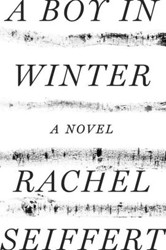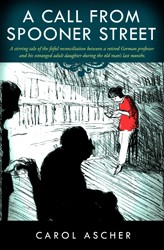Geraldine Brooks’ most recent accomplishment, People of the Book, has already attracted well-earned acclaim. Brooks has to her credit several highly-respected books, among them the 2006 Pulitzer Prize winner, March, as well as Nine Parts of Desire, Year of Wonders, and Foreign Correspondence.
People of the Book is a fictionalized account of the Sarajevo Hagada, a six hundred year old illuminated book, one of the earliest of its kind. It chronicles the attempts of a young Australian conservator, Hannah Heath, to trace the journey and the origin of the Hagada, using the beguiling clues in its binding. Brooks’ story-telling gift gently uncovers the onion-like layers of the book’s history, taking the reader in a backward trajectory from 1940, to Sarajevo, Vienna, Venice, Tarragona, and finally Seville where we ultimately learn how the intricate techniques of the Moslem portrait painters of the 1400’s are woven into the story. In this spellbinding tale of the ever-moving Hagada over centuries we witness the unlikely but inevitable involvement of the Vatican, the Moslems, the treasure-seeking Nazis. And, to add even more complexity, interwoven in the story is Heath’s ellusive struggle to find personal acknowledgement and uncover truths in her inner own circle.





